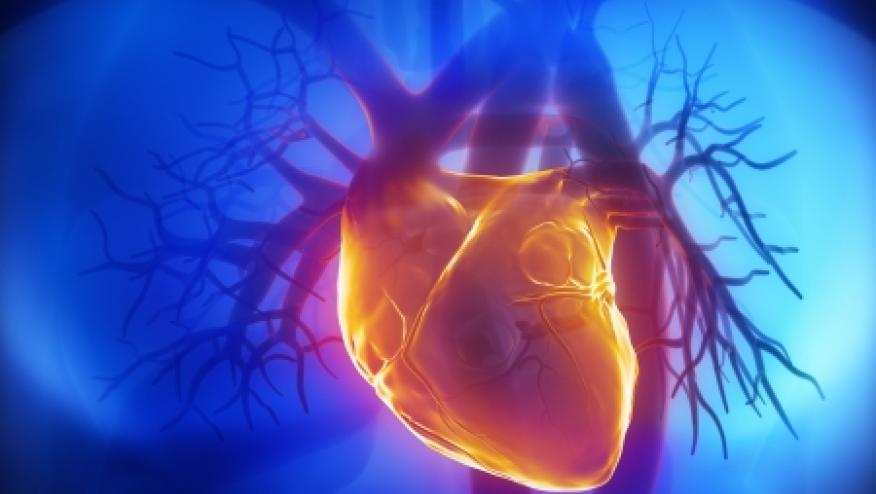Molecular Profile for Cardiovascular Risk in Rheumatoid Arthritis Save

A new study led by the University of Córdoba (UCO), the Maimonides Institute for Biomedical Research (IMIBIC) and the Rheumatology Department at the Reina Sofía University Hospital in Córdoba (HURS) has managed to establish, for the first time, the molecular profile of those patients with rheumatoid arthritis who have a higher risk of suffering cardiovascular events.
This study analyzed 45 healthy donors and 387 RA patients (includeing 208 RA patients with established disease but without previous CV events) to establish clinical phenotypes, serum biomarkers and genetic profiles to characterize molecular mechanisms in immune-cell activation and endothelial dysfunction.
The analysis establish three different groups of patients with diverse inflammatory, oxidative, and netotic profiles. RA patients without CV events but highest CV-risk showed inflammatory profiles akin to those with prior CV events. Interestingly treatment with eitherTNFi, IL6Ri, and JAKi for six months restores normal inflammatory biomolecule levels, cutting-RA-related CV-risk.
The authors suggest that CV risk in RA results from activation of neutrophils, monocytes, and endothelial cells, that can be reversed by b/ts-DMARDS.
If confirmed by others, these findings could advance therapies to be more specific and personalized.











If you are a health practitioner, you may Login/Register to comment.
Due to the nature of these comment forums, only health practitioners are allowed to comment at this time.